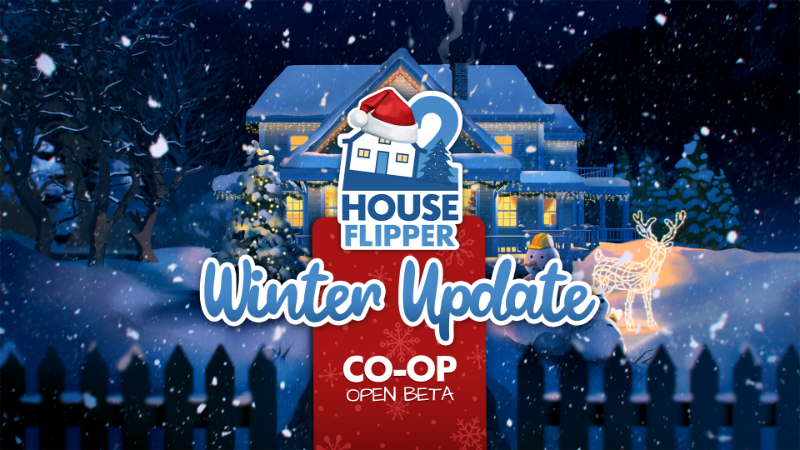“These are not mine,” reads the crumpled notice, in handwritten scrawl. “Not anymore. Perhaps they will give you the comfort that I have lost.”
Ordinarily, Fallout 76 gamers would discover this letter in a mole rat-infested church in Charleston – Bethesda’s degree design workforce positioned it inside a coffin. That’s not the place I’m studying it. Instead it’s in a paper bag on the toes of a customer on the decking of my camp, alongside a handful of plans for weapons and sufficient meals provides to see me by the day. A present. It’s not the message the notice was written to convey – nevertheless it is sensible on this new context, repurposed by gamers.
Since my companion and I constructed our post-apocalyptic riverhouse – spacious, indifferent, one bed room – we’ve develop into well-practised in internet hosting different gamers. Situated at a crossroads simply outdoors Morgantown, an early cease in Fallout 76’s major quest, our house sees a number of visitors. We’ve develop into accustomed to noticing the map markers highlighting curious gamers showing on the porch, throwing the entrance door open, and ushering them in. Down they arrive, previous the potted vegetation and irradiated milk dispenser, out into the glue backyard the place we develop crops for the vegetable starch that holds our weapons collectively, and over to the air purifier that glugs water straight from the stream and cleans it for public consumption. Essentially we’re reliving Liam Neeson’s plan for Project Purity in Fallout 3, lowering the water air pollution of the wasteland, just one resident at a time.

What we’ve discovered is that on this oddly benevolent survival game, generosity begets generosity. Once weighed down with plastic bottles full of candy H20, friends usually disappear inside to seek out our stash field. They’re not stealing, since Fallout 76 stash bins hyperlink to the saved items of whoever opens them. Instead they’re checking for stuff they’re completely satisfied to half with. Blueprints they’ve already discovered, meals they will’t match of their bellies earlier than it goes off, bundles of stimpacks, complete energy armour stations – we’ve seen the lot dumped gratefully on our doorsteps.
Where it will get actually fascinating, although, is in how this trade is communicated. While Fallout 76 is full of voices – recorded on holotapes and transcribed onto terminals, changing the game’s absent NPCs – virtually none of them belong to gamers. It’s extraordinarily uncommon to listen to the telltale heavy respiration of the game’s radius-based mic chat. That’s most likely symptomatic of an viewers primarily inherited from the long-running single-player games, naturally drawn to solo exploration and cautious of different gamers. The people of this West Virginia are largely mute, leaving the phrases to John Denver and the remainder of the crooners on the radio.
Unfortunately, Fallout 76’s emote system isn’t notably complete both. On the default wheel, there’s no option to say goodbye, no option to apologise for by accident slugging a stranger within the shoulder throughout a panicked ghoul encounter. It doesn’t assist that lots of the subtler expressions are saved for the shop, earned both through a trickle of problem completion factors or actual cash.

Instead, simply often, we’ve began to see gamers converse with the voices they discover on the planet. Environmental storytelling has been part of Bethesda games for many years – notably within the Fallout universe, which is as a lot involved with the lives of individuals in its alternate October 2077, the month the bombs fell, as these in its current day. Yet Bethesda’s efforts have stagnated whereas others have pushed the shape ahead. In Gone Home, indie developer Fullbright was in a position to layer the histories of a number of characters throughout a single house by asking you to dig up the tales of only one home. And in Firewatch, a walkie talkie turned objects into prompts for dialog, altering environmental storytelling from archaeology to stay improv.
Fallout 76’s buried tales, whereas usually masterfully advised by meticulous object placement and snippets of script, aren’t any completely different in fashion to these you can discover in Fallout Three ten years in the past. But unexpectedly, its gamers are taking these instruments and doing one thing utterly new with them, talking to one another in a vogue Bethesda couldn’t have predicted.

We’re again at camp, however not at our riverhouse – as a substitute it’s an open air association of workbenches huddled round a wooden fireplace, left behind by the Overseer for brand new gamers to find after they stumble, blinking, from Vault 76. A degree 7 survivor hammers away at a chunk of armour, however as we watch, his well being bar slowly dwindles – he’s ravenous.
A few donated mole rat chunks later, he’s saved. In return, there’s one other paper bag on the bottom – this time containing only a recorded message, titled ‘Jacob’s holotape half 3’. It’s one aspect of a multi-stage story advised throughout a shopping center, a couple of man intentionally despatched into hazard so a fellow survivor can steal his girlfriend. But right here that doesn’t a lot matter. As Jacob monologues about scavenging for previous sweet bars, it’s clear our degree 7 pal is telling us about his personal expertise struggling to remain fed. He’s grateful for the intervention – and a holotape stated it higher than any mumbled thanks over a PlayStation mic ever may.
Source


